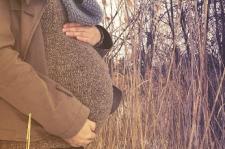Aggregated News

What should you do when you have a population that is shrinking and ageing amid a very low national birth rate? The government of the Japanese city of Urayasu thinks the answer is to pay for women to freeze their eggs.
Working with Juntendo University Urayasu Hospital, the city has announced a three-year pilot project that will use public money to cover 80 per cent of the egg freezing costs for female residents aged between 25 and 34.
The aim is to boost fertility rates by facilitating delayed childbearing; the eggs will be used up to the age of 45. This is the first “social” egg freezing subsidy programme of its kind. I hope it is the last.
Egg freezing is onerous and risky for individual women. It’s also likely that the majority of those who undergo the procedure as an attempt to guard against age-related infertility won’t ever use these eggs in future attempts at pregnancy.
Those who do will have to resort to IVF, which poses additional risks and costs. Furthermore, egg freezing isn’t guaranteed to work...



